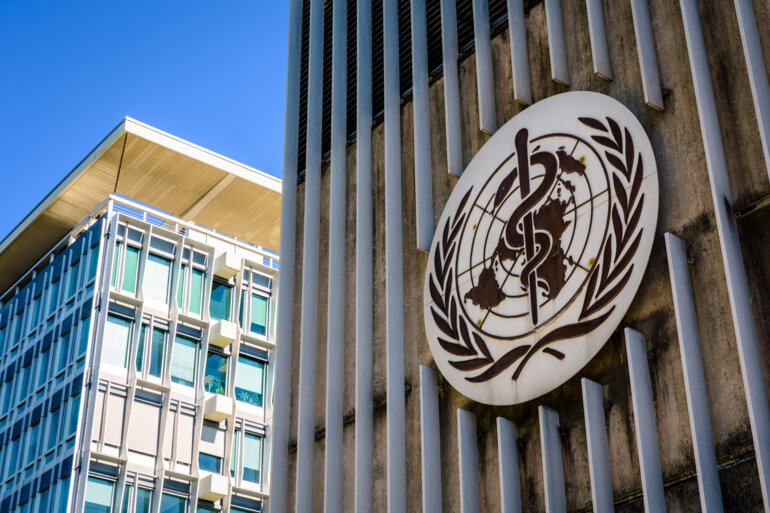ESMO is contributing to making European Union legislation stricter on exposure limits for air pollution and asbestos to prevent new lung cancer cases
When talking about lung cancer, tobacco consumption is at the heart of the public health debate, where awareness campaigns have proven to be successful over the last 30 years, for example, by reducing the prevalence of daily smoking in Spain from as high as 70% in men to around 20% (Arch Bronconeumol. 2023 Feb 16;S0300-2896(23)00035-2). However, implementing anti-smoking policies is just one of many strategies to achieve a more ambitious goal for the global population: ensuring clean air for people’s health.
Exposure to air pollution, occupational carcinogens, radiation and second-hand smoke together are estimated to contribute over 10% of the cancer burden in Europe (European Environmental Agency). A turning point in the public debate was the presentation of scientific evidence at the ESMO Congress 2022 demonstrating a new molecular mechanism underlying the link between air pollution and lung cancer.
While it is well known that airborne particles contain carcinogens, in the study, increasing exposure to 2.5 µm particulate matter (PM2.5) was associated to a higher risk of non-small-cell lung cancer in non-smoking individuals with EGFR mutations. This research ties in with the finding that lung cancer is increasing in non-smokers (Eur J Cancer. 2017;84:55–59) and suggests that air pollution may be an important cause.
In 2019 alone, approximately 300,000 lung cancer deaths worldwide were attributed to PM2.5 exposure (Front Med 2021;8:742076). The European Union (EU) has proposed reducing the annual PM2.5 limit from 25 μg/m³ to 10 μg/m³ by 2030; however, given the compelling new findings and other evidence, ESMO has called for a further reduction in line with World Health Organization (WHO) recommendations of 5 μg/m³ and is working with the EU institutions to secure this goal. Achieving this target may be difficult. The WHO found that the air quality in 17% of cities in high-income countries and in less than 1% of cities in low- and middle-income countries was below their recommended threshold, but we should strive to put strict restrictions in place to prevent as many avoidable lung cancer cases as possible in the future.
Another well-known factor that impacts on air quality is asbestos. Although malignant mesothelioma has been recognised as an occupational disease since the 1960s (Occup Med (Lond). 2015;65:6–14) and the use of asbestos was banned in Europe in 2005, exposure is still significant in some regions. With over three-quarters of occupational cancers in the EU related to asbestos (European Occupational Diseases Statistics), ESMO has recently urged the European Parliament to modify the European Commission’s proposal to reduce the occupational exposure limit from the current 100,000 fibres/m3 to 10,000 fibres/m3, to an even lower target of 1,000 fibres per m3 in order to prevent new cancer cases.
The recent European Commission’s public consultations on the revision of rules on ambient air quality have been welcomed by the oncology community and, at a time when we are looking more closely at the relationship between humans and the environment, they highlight a key message: exposure to unhealthy air now may adversely impact the incidence of cancer cases for decades, so it is our duty to take action to lower permissible limits to prevent worrying trends becoming even worse.
Don't miss:
Lung cancer beyond tobacco: Impact of environmental and other risk factors
Educational Session, 29.03.2022, h. 16:30 – 18:00, Auditorium 4
Swanton C. Air pollution and lung cancer
Keynote Lecture, 31.03.2022, h. 14:30 – 15:00, Auditorium 1






